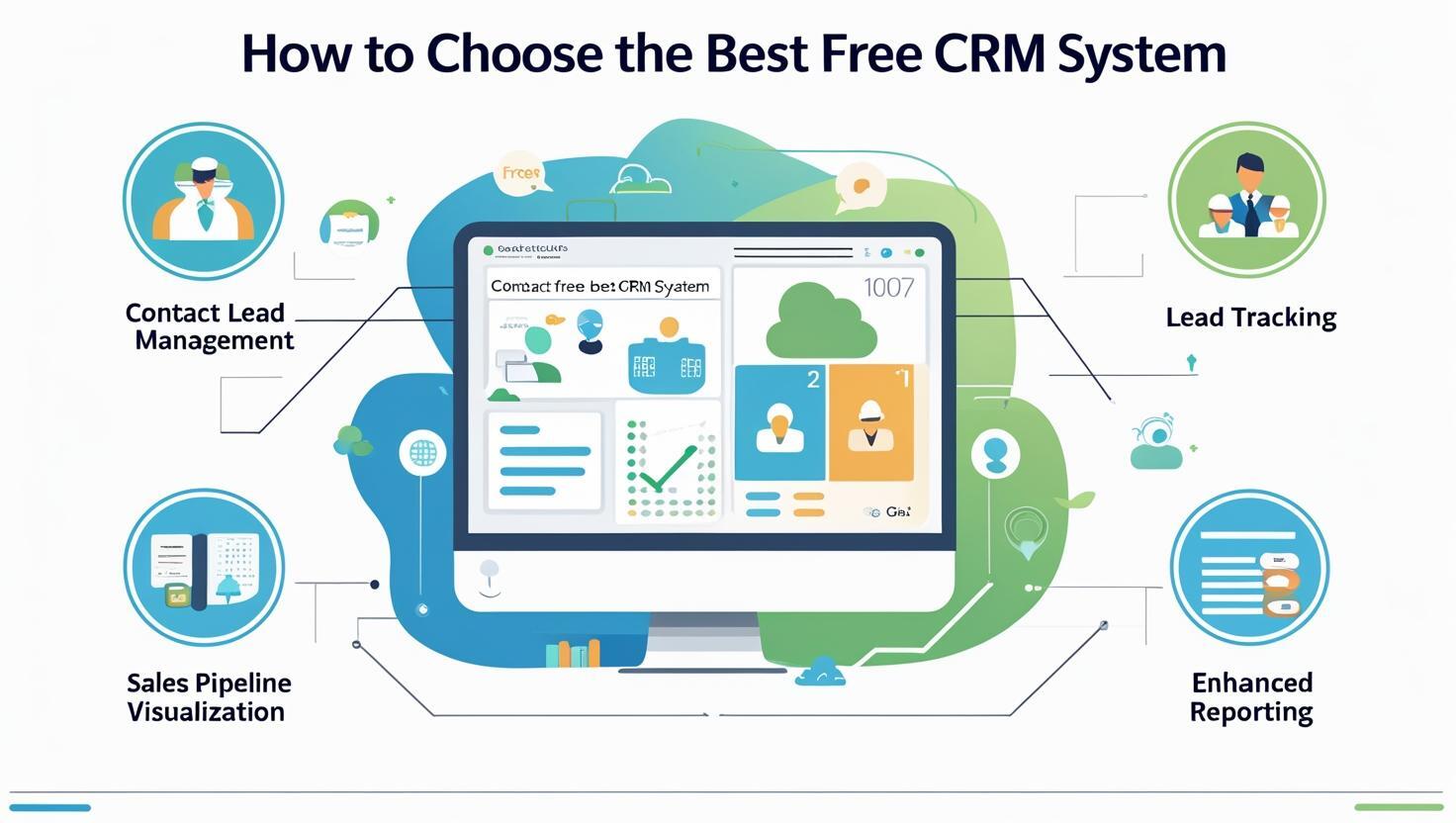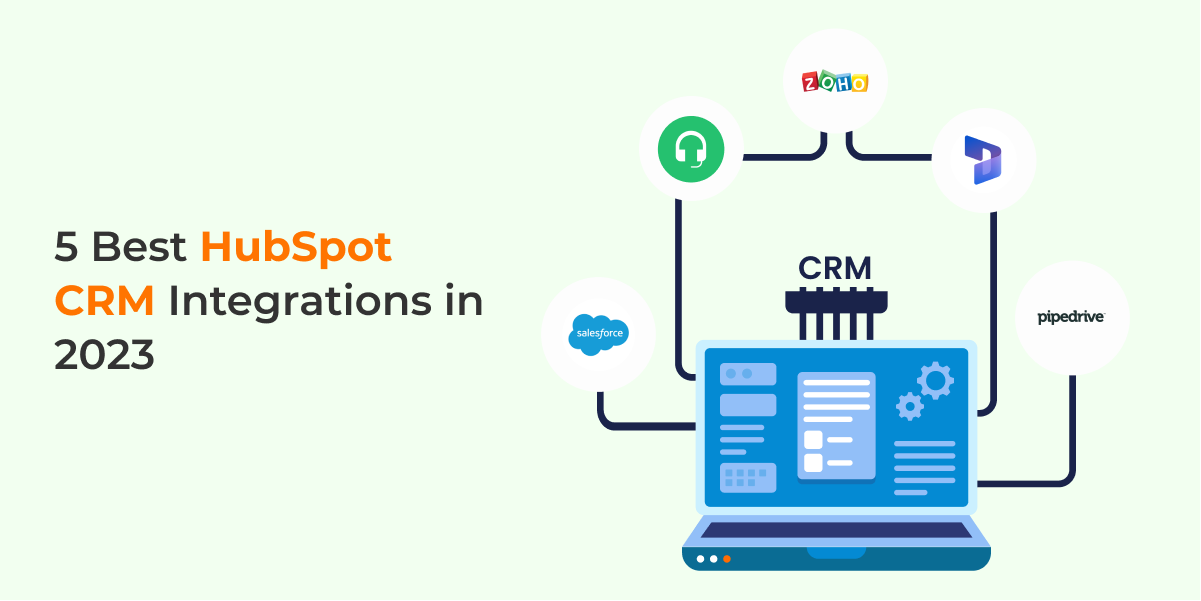
Introduction
Choosing the right CRM (Customer Relationship Management) system is one of the most important technology decisions a business can make. It affects how you manage leads, communicate with clients, forecast revenue, and measure your marketing ROI.
Traditional CRMs like Salesforce, Zoho, and Microsoft Dynamics have long been the go-to for enterprise teams. But in recent years, HubSpot CRM has gained traction for being modern, intuitive, and built for the full marketing-sales-service journey.
So, how does HubSpot CRM stack up against traditional CRM platforms? And which one is right for your business?
Let’s dive into a detailed comparison.

What Is HubSpot CRM?
HubSpot CRM is a cloud-based customer relationship management platform designed to unify marketing, sales, and customer service in a single, easy-to-use interface.
Unlike traditional CRMs that are often built around sales functions, HubSpot CRM is part of a larger suite (Marketing, Sales, CMS, Service, and Ops Hubs), making it more versatile across departments.
Key Features:
- Unlimited users and free tier available
- Contact and company management
- Deal pipelines and task tracking
- Email logging and tracking
- Activity timeline with real-time updates
- Native integration with HubSpot’s CMS and Marketing Hub

Traditional CRMs: A Quick Overview
Traditional CRMs (Salesforce, Zoho, Dynamics, SugarCRM, etc.) are well-established platforms primarily designed for sales-focused organizations.
They typically offer:
- Highly customizable workflows
- Advanced sales forecasting tools
- Large third-party app ecosystems
- Extensive role-based controls
- Multi-region data hosting
But they often require:
- Dedicated IT resources or consultants
- Extensive onboarding time
- Layered licensing for add-ons
- Separate platforms for marketing or support
Comparison Table: HubSpot CRM vs Traditional CRMs
| Feature | HubSpot CRM | Traditional CRMs |
|---|---|---|
| Ease of Use | Extremely user-friendly UI | Complex interfaces with steep learning curves |
| Cost (Starting Tier) | Free forever plan available | Paid plans required from Day 1 |
| Setup Time | Same-day setup possible | Weeks or months with custom onboarding |
| Native Marketing Tools | Included in HubSpot suite | Requires separate tools or add-ons |
| Customization | Moderate (grows with plan) | Extensive (with dev support) |
| Developer Dependency | Minimal for most functions | High for automation or changes |
| Support & Training | 24/7 support + HubSpot Academy | Depends on vendor tier or 3rd-party consultants |
| User Adoption | High adoption due to simplicity | Slower, often resisted by non-sales teams |
Why Teams Choose HubSpot CRM
01.
Speed of Onboarding
Most teams can be up and running in a day or two. No need for a certified admin to configure pipelines or views.
02.
Unified Experience
Everything — contacts, email campaigns, deal tracking, service tickets — happens in one place.
03.
Integrated Marketing Automation
Unlike traditional CRMs that require third-party tools, HubSpot includes:
- Email marketing
- Landing pages
- Lead scoring
- Campaign analytics
04.
Free and Scalable
Start free and grow into paid tiers as your business evolves. No need to commit to enterprise licenses upfront.
Where Traditional CRMs Still Shine
That said, HubSpot CRM isn't the right fit for every business. Traditional CRMs offer advantages such as:
- Deep customization for large-scale enterprises
- Industry-specific modules (e.g., banking, healthcare, manufacturing)
- Complex role-based workflows across departments
- Integration with legacy systems (e.g., SAP, Oracle)
If you're a large enterprise with highly customized internal processes, Salesforce or Dynamics might offer more control — though at a cost.
Ideal Use Cases for HubSpot CRM
- Agencies and consultants needing visibility into deals and contacts
- Startups and SaaS companies automating onboarding and trials
- Education and training providers tracking inquiries and student relationships
- B2B service firms managing leads, clients, and support under one roof
- Marketing teams that want a CRM that supports campaigns, not just sales
Bonus: HubSpot CRM + CMS + Marketing = Powerhouse
One of HubSpot’s biggest strengths is native integration between CRM, CMS, and Marketing tools. This means:
- Your sales team can see which emails a contact opened
- Your marketers can score leads based on real website behavior
- Your content strategy ties directly to pipeline performance
You get a 360° view of the customer — without extra tools or exports.

What Are the Trade-Offs?
| Consideration | HubSpot CRM Impact |
|---|---|
| eCommerce compatibility | Requires third-party integration |
| Deep custom workflows | Limited on Starter/Pro tiers |
| Offline capabilities | Limited (primarily cloud-based) |
| Complex reporting | Advanced features only on paid tiers |
For highly regulated industries or companies with specific governance requirements, custom CRMs or hybrid setups may still be preferred.
Final Thoughts
If your team wants a CRM that’s:
- Easy to adopt
- Built for marketers, not just sales
- Powerful enough to scale
- Affordable (even free at first)
Then HubSpot CRM is the smarter choice for most growing companies.
While traditional CRMs offer power and complexity, HubSpot delivers agility, ease of use, and integration — without the bloat.
Still using spreadsheets or struggling with a clunky CRM?
We help businesses like yours:
- Migrate to HubSpot CRM
- Set up pipelines and automation
- Train your team for fast adoption
You might also like
CRM Best Practices: How to Choose the Best Free CRM System
How to Choose the Best Free CRM System Customer Relationship Management (CRM) is no longer reserved for large enterprises. It has become a fundamental tool for businesses of all sizes—especially for startups and small businesses aiming to grow and...
HubSpot CRM for capturing leads at a physical event
The problem statement NAMFAM community brings together Mompreneurs (mom-entrepreneurs) from varied fields, binding them into a close-knit community, with the purpose of helping them achieve their business goals and aspirations while handling the....
5 Best HubSpot CRM Integrations in 2023
Are you searching for the best HubSpot CRM integrations to boost the efficiency of your workflow?







Leave a reply